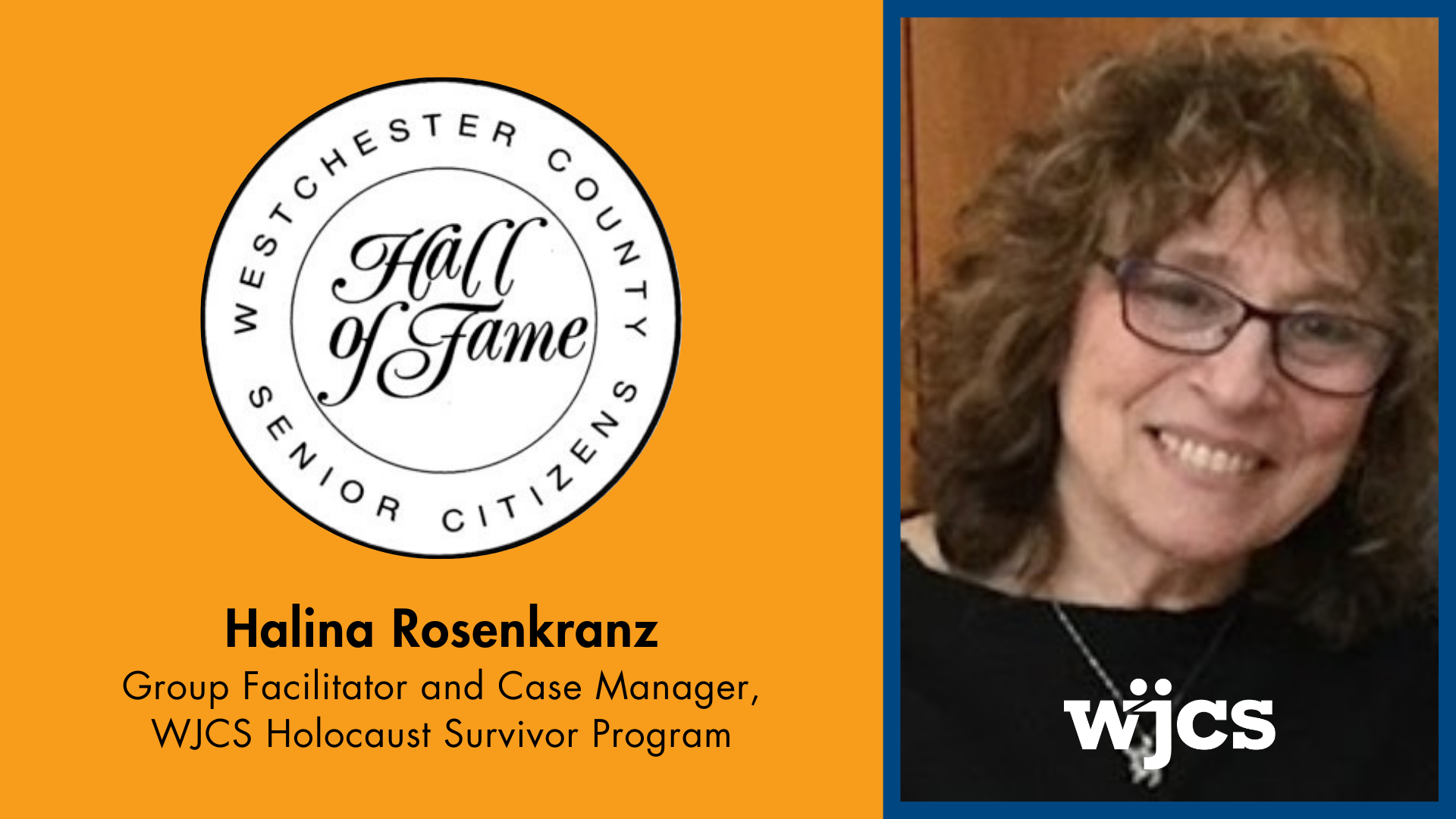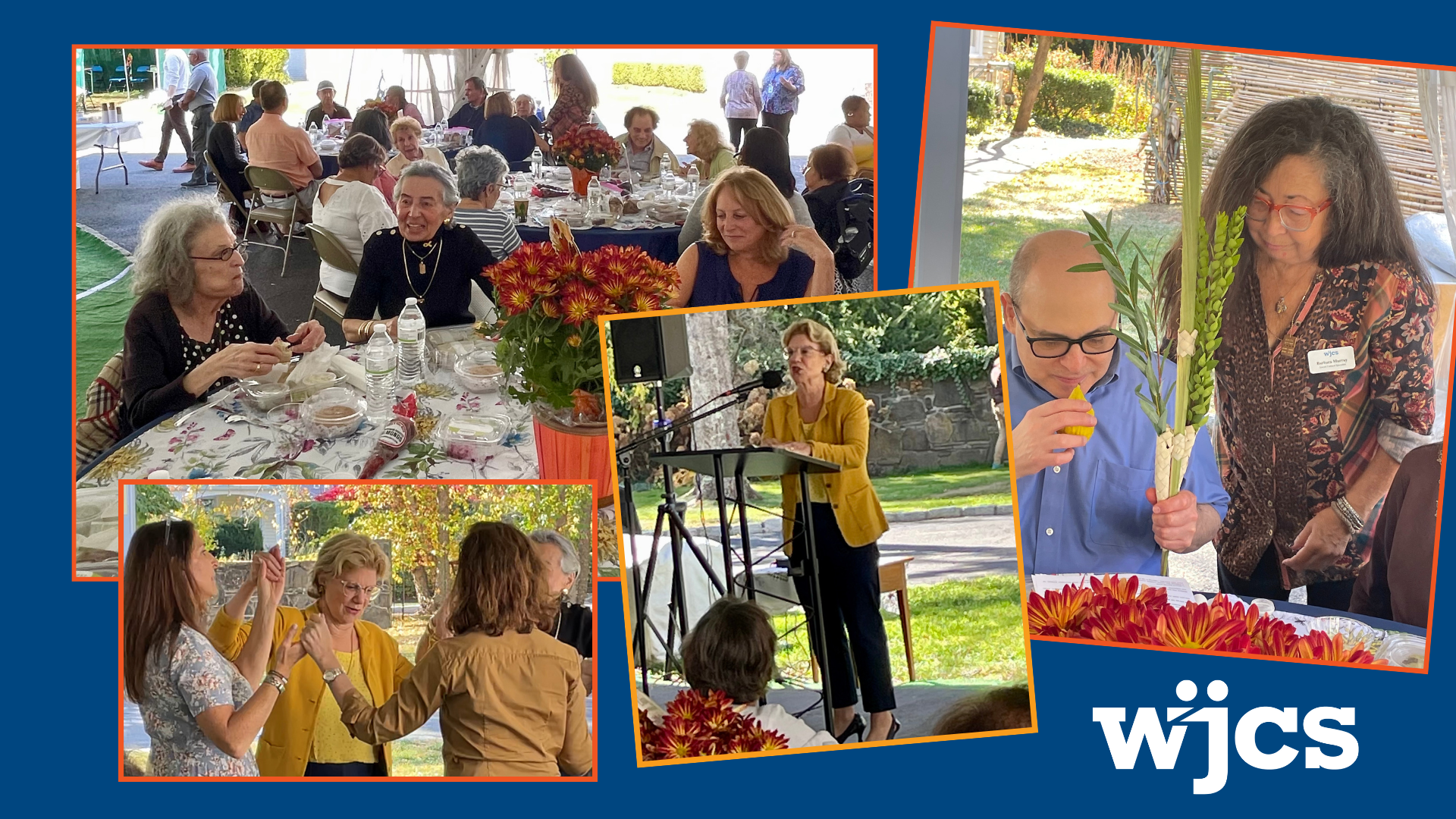By Heidi Weiss, LMSW, MHA
At some point, all of us confront the time when a relative or close friend is dying and wonder: What should we say? What shouldn’t we say? Should we say anything at all?
Each family’s history, and the dynamics of relationships among family members will often determine what gets addressed, what has been left unsaid and undone, and what might invite discord. No one wants to be seen as the protagonist of harshness. Beginning these conversations is often not easy.
Some people are fortunate in being able to approach their dying process at peace with themselves and those they love. But some may rage against being cheated out of life, or feel frightened, confused, and anxious, making it difficult for them to express what they want and need. This can make it difficult for family members to make medical and caregiving decisions. People who are dying may worry that sharing their end-of-life wishes will be a burden to loved ones, when, in fact, it can ease important decision-making. And family members who have been estranged may regret that they wasted time being alienated from relatives, and now there is limited time to repair relationships. Some may want to confess to things that have happened in the past, or ask for forgiveness. This can be painful but also powerfully healing.
“Soul Needs” and the Gift of Listening
When facing the situation of a close family member or friend dying, remember that those who are dying want to be understood and accepted like anyone else. They have “soul needs” – to feel heard, cared-for, connected, and emotionally safe.
The most important gift you can give to a seriously ill or dying person is to listen. Here are a few golden rules of good listening which can help you open up communication:
- Be honest. Often in difficult situations we tend to search for the ‘right’ thing to say. Or we deny what’s happening and make a joke. While such reactions are understandable – humor has an important place, even in death – serious illness and dying is a profound process. The act of just being there, perhaps, holding a hand, and sharing ourselves openly can be very soothing for the dying person.
- Use engaged body language. Don’t be afraid to look your relative or friend in the eye. Be alert and attentive to what he or she is telling you, and the way he or she is saying it. Listen to his or her tone of voice and be aware of his or her willingness to engage with you and to meet your eyes. Try to respond to what you think is really being asked for and needed.
- Stay calm. Ground yourself by planting your feet firmly on the floor. This will help you to be present and accepting.
- Don’t fear tears. It’s okay to cry. Being brave enough to express yourself can have a powerful healing effect on your relationship, as well as give your relative or friend permission to grieve for the life he or she is leaving behind.
- Don’t steer the conversation; just let it happen. Just your presence lets your loved one know that you will be there for them. If you feel anxious, you might consider having a practice conversation with someone you trust or start by writing a letter to your dying loved one so you can shape what you want to say.
Finally, YES, have the conversation with your loved one. It is in your loved one’s best interest, and in yours, to share true feelings and acknowledge the important roles you’ve played in each other’s lives. Separation is hard but creating a sense of closure—and even celebration—of the life you’ve lived together can make an ending that is painful but somewhat comforting.
Heidi Weiss, LMSW, MHA, is Coordinator of WJCS Addressing Alzheimer’s and Health and Healing Support. For information about end-of-life care, please email [email protected].
This article was first published in Westchester Jewish Life and adapted for publication on wjcs.com with the permission of Westchester Jewish Life.
Follow WJCS on Facebook, Instagram, YouTube, Twitter, and LinkedIn. @WJCSWestchester




